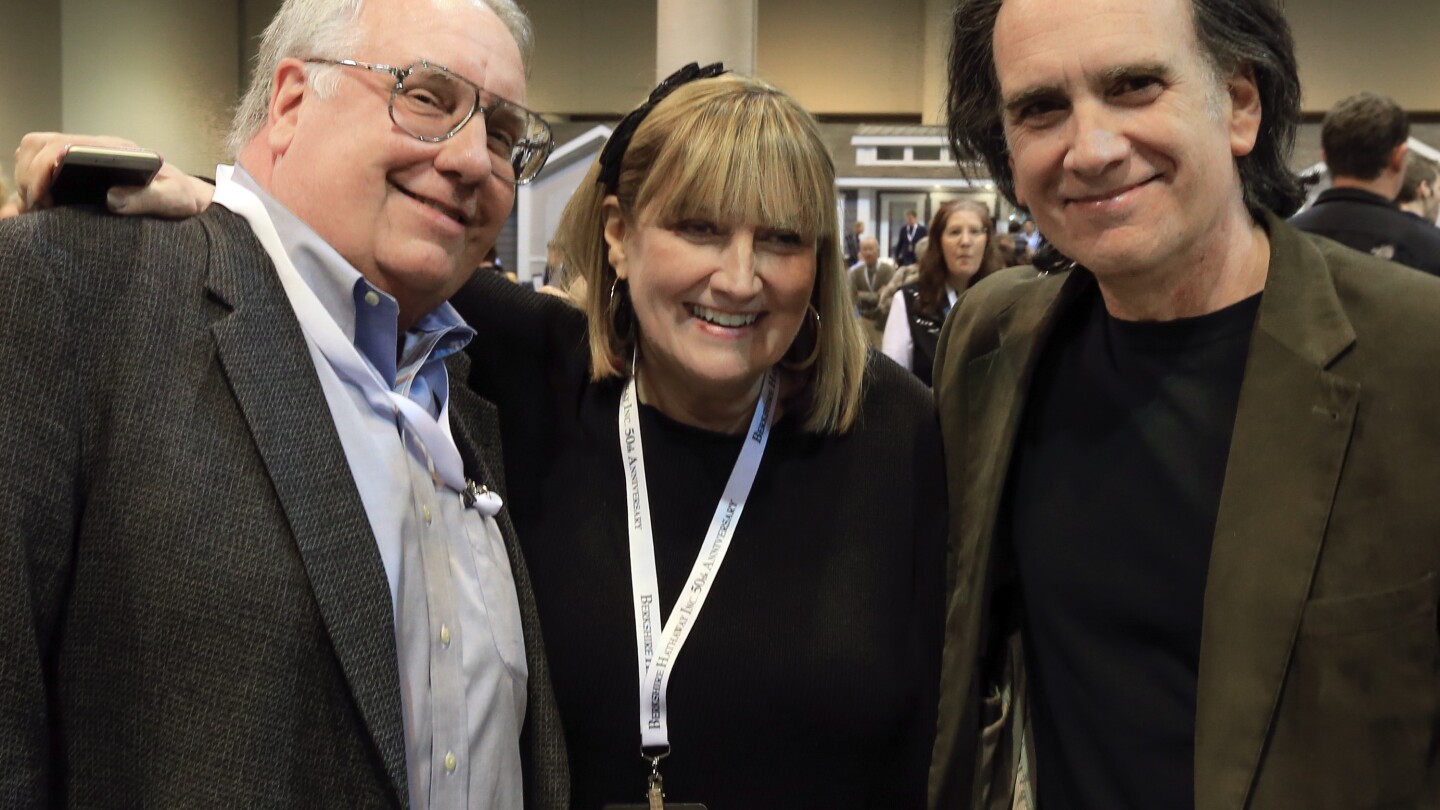Summary
Warren Buffett gave $1.1 billion in Berkshire Hathaway stock to family foundations and detailed plans for distributing his $147 billion fortune after his death.
His three children will oversee giving the remainder within 10 years, with designated successors in case they predecease him.
Buffett, 94, reaffirmed his belief in avoiding dynastic wealth, favoring philanthropy instead.
Over the years, he has donated $55 billion to the Gates Foundation but plans to shift focus to his family’s foundations.
Buffett continues leading Berkshire Hathaway while preparing Greg Abel as his successor.



The money investors get, just by owning the stock, is produced by people working with the stuff the investors money bought. The money isn’t supposed to go to “poor people somehow” it’s supposed to go to the people doing the work.
Are the workers not poor? Isn’t that the whole argument?
Anyway, maybe it’s a mutual benefit. When people buy stocks, it’s a quick infusion of cash to a company, and the company can then spend money on producing stuff, hiring people, etc.
Would you rather companies get loans from banks instead?
There are so many other solutions to low wages.
Yes the workers are generally poorer than the investors. But that’s not the point here, the point is that it’s in its essence an unfair system where you are forced to work for someone else’s profit unless you are wealthy enough to yourself be an investor that can live from their investments returns.
Getting monetary benefits should come from work and not ownership.
Again, this isn’t really about low or high wages it’s about the extraction of money from the workers towards owners without any work being done by the owners.
The common image people conjure to justify this are the small shops built by someone and then being employing some staff. You must realize though that that isn’t the biggest chunk of wealth and not the really problematic part of the system.
The biggest chunk of wealth is concentrated on a few percent of the population and it’s mostly inherited not built up by themselves. And it’s here where we actually see wealth being extracted from the workers.